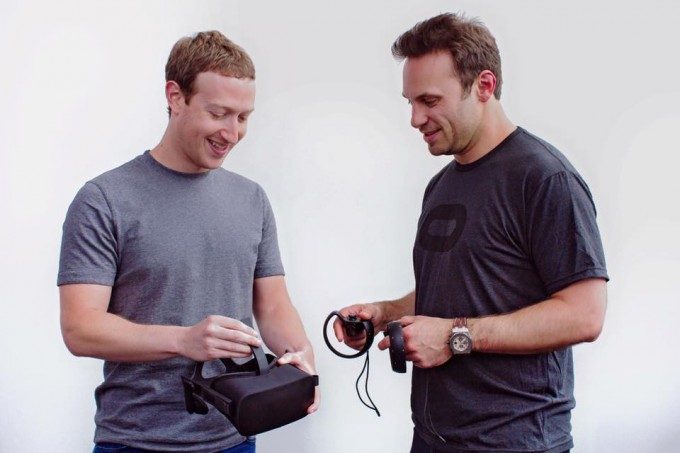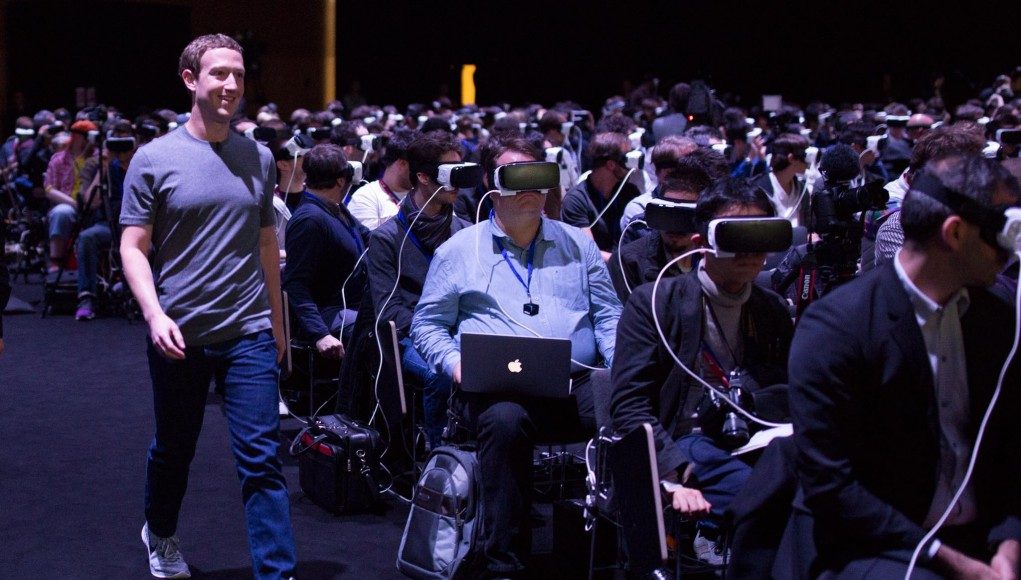Facebook CEO Mark Zuckerberg says the company is working seriously on augmented reality R&D, but he believes it will take time for the technology to catch up to where VR is today.
In an interview with The Verge’s Casey Newton, Facebook’s Mark Zuckerberg talked about his views on the future of virtual and augmented reality.
When it comes to augmented reality, Zuckerberg says that the company is “researching AR very seriously,” but sees consumerization of the technology lagging behind where VR is today.
“[With] AR, there’s still more science questions that need to be worked out, and I’m optimistic that we’ll have the answers to that pretty soon,” he told Newton. “Within the next five or 10 years, we’ll have versions of that that are maybe where Rift is today, for AR. But, there’s no doubt in my mind that VR is easier to build and bring to a lot of people, and that’s why we’re are starting here on the product side.”
Zuckerberg notes the trend of increasingly natural human-computer interactions, starting with room-sized computers that “you almost needed a degree to be able to use,” followed by desktop computers, mice, the internet, and phones, the latter of which he called “the first mainstream computing platform. People really like it, but that’s not the end of the line, either. There’s going to be something more.”

Ultimately Zuckerberg sees the need to go into our pockets for our phones disappearing completely.
“You’ll just have glasses, or eventually contact lenses. [You’ll be able to] look around and see different things and interact with [by] using your hands and reaching out and grabbing stuff,” he said. “That, I think, is the next logical step for how we’ll interact with this. We’re really excited about pushing both of those trends forward.”
Unless the secretive Magic Leap has something truly revolutionary up their sleeve, I’m in the same boat of Zuckerberg’s assessment of the AR timeline. It’s incredibly exciting technology which is going to change so much, but the reality is that the consumerization of the technology is a few years behind where VR is today. Back in March, I made the case for the Meta 2 AR headset being as important of a stepping stone as Oculus’ Rift DK1 was back in 2013:
The careful reader of this article’s headline (Meta 2 Could Do for Augmented Reality What Rift DK1 Did for Virtual Reality), will spot a double entendre.
Many people right now think that the VR and AR development timelines are right on top of each other—and it’s hard to blame them because superficially the two are conceptually similar—but the reality is that AR is, at best, where VR was in 2013 (the year the DK1 launched). That is to say, it will likely be three more years until we see the ‘Rifts’ and ‘Vives’ of the AR world shipping to consumers.
[…]
Like Rift DK1 in 2013, Meta 2 isn’t perfect in 2016, but it could play an equally important role in the development of consumer augmented reality.







